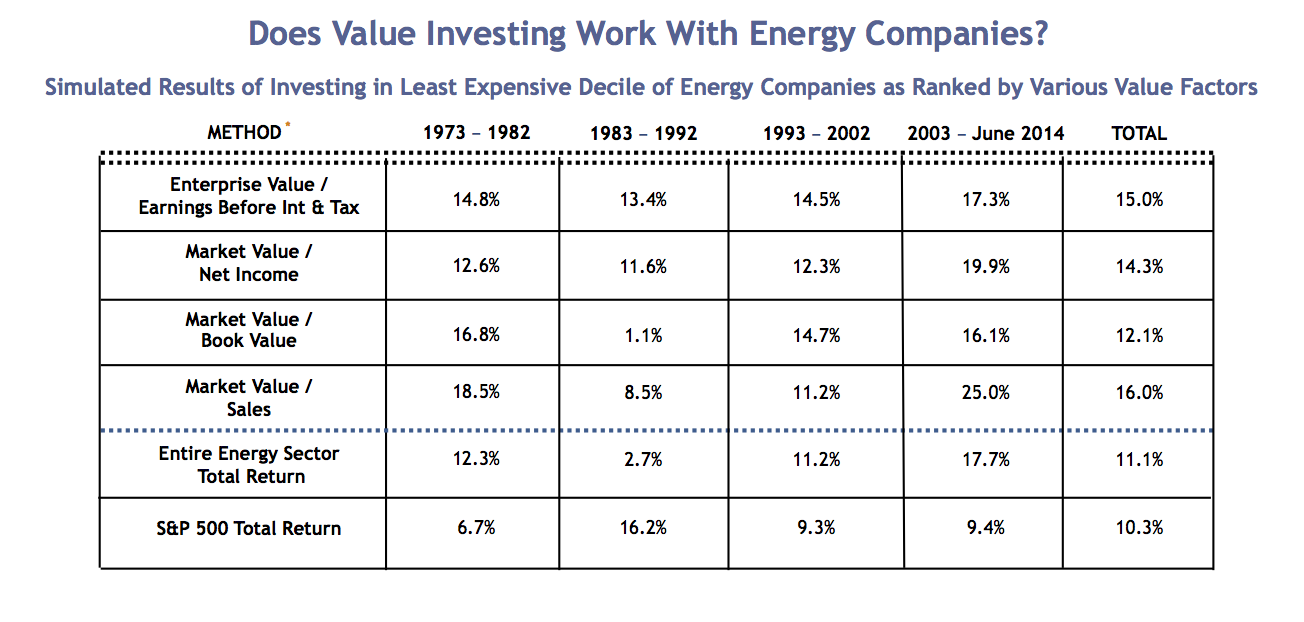If the thought of buying the stock exchange scares you, you are not alone. Individuals with really minimal experience in stock investing are either frightened by scary stories of the typical financier losing 50% of their portfolio valuefor example, in the 2 bearishness that have actually already taken place in this millennium or are seduced by "hot suggestions" that bear the guarantee of huge rewards but rarely settle.
The reality is that buying the stock market brings threat, however when approached in a disciplined manner, it is among the most effective methods to develop one's net worth. While the value of one's house typically accounts for most of the net worth of the average individual, many of the upscale and very rich typically have the majority of their wealth invested in stocks.
Secret Takeaways Stocks, or shares of a business, represent ownership equity in the company, which provide shareholders voting rights as well as a residual claim on corporate earnings in the kind of capital gains and dividends. Stock markets are where specific and institutional investors come together to purchase and sell shares in a public place.
For example, a specific or entity that owns 100,000 shares of a company with one million outstanding shares would have a 10% ownership stake in it. A lot of business have exceptional shares that run into the millions or billions. Typical and Preferred Stock While there are two main kinds of stockcommon and chosenthe term "equities" is associated with typical shares, as their combined market price and trading volumes are lots of magnitudes bigger than that of favored shares.
Preferred shares are so named since they have preference over the typical shares in a business to get dividends As possessions in the occasion of a liquidation. Typical stock can be additional categorized in terms of their ballot rights. While the fundamental property of common shares is that they ought to have equal ballot rightsone vote per share heldsome business have double or multiple classes of stock with different ballot rights connected to each class.
